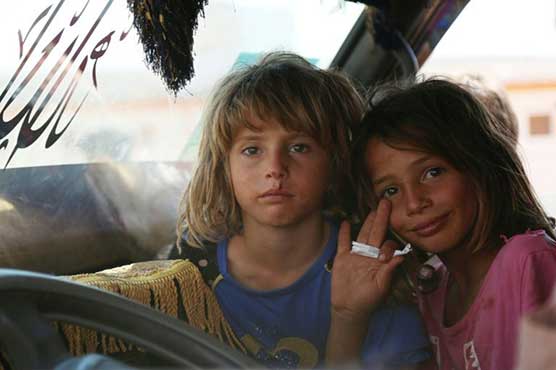38,500 flee hostilities in Syria's Idlib in two weeks: UN

A major military operation in Idlib is expected to pose a humanitarian nightmare
(AFP) – Violence in northwest Syria has displaced more than 38,500 people in less than two weeks amid increasing hostilities and a looming regime assault on the opposition-held Idlib province, the UN said Thursday.
"Between 1-12 September, available information indicates that a sharp increase in hostilities and fears of further escalation has led to the displacement of over 38,500 people," the UN humanitarian agency (OCHA) said.
That marks a hike of nearly 10,000 people from the figure provided by the UN on Monday.
However, OCHA said that 4,500 of those who had fled since September 1 had "spontaneously returned" over the past three days amid a relative decrease in hostilities in western and southern rural parts of Idlib province.
The province and adjacent rural areas form the largest piece of territory still held by Syria s beleaguered rebels, worn down by a succession of government victories in recent months.
President Bashar al-Assad has now set his sights on Idlib, and his forces and their Russian allies have since the beginning of the month stepped up bombardment of the densely populated province.
Some three million people live in the zone now, about half of them already displaced by the brutal seven-year war and others heavily dependent on humanitarian aid to survive.
A major military operation in Idlib is expected to pose a humanitarian nightmare because there is no nearby opposition territory left in Syria where people could be evacuated to.
"We are in no way ready for the worst-case scenario, should we see three million of the people headed to the Turkish border," the UN s Regional Humanitarian Coordinator for the Syria Crisis, Panos Moumtzis, told reporters in Geneva.
"A key element of course is that at the moment as humanitarians while we hope for the best, we are preparing for the worst," he said, adding that the UN has created a preparedness plan.
"We re looking at a response for up to 900,000 people that may flee... We hope it won t happen. We hope it will not be needed."

